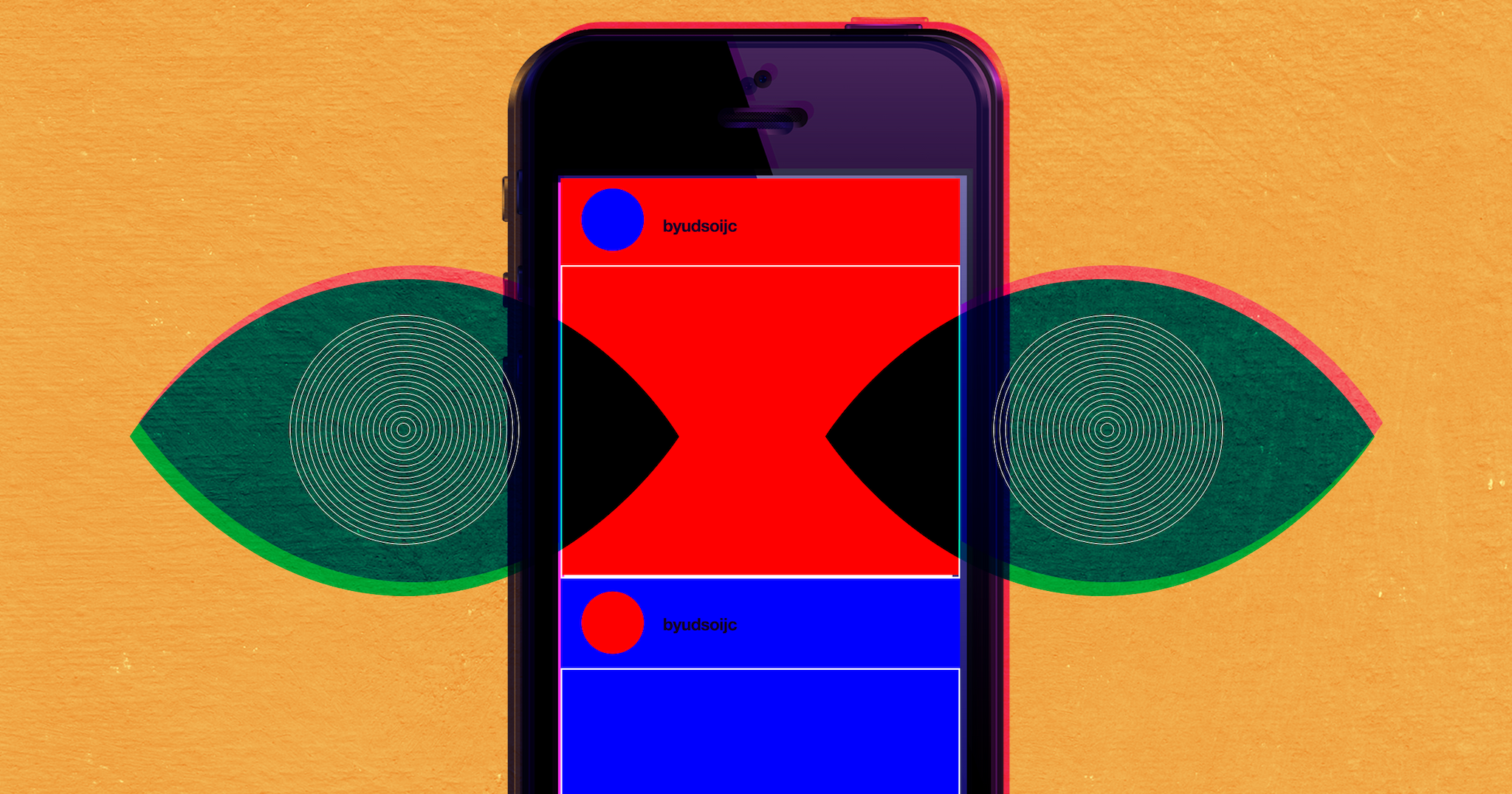“Very few things are more important now to the future of humanity than design ethics.”
ATTENTION ECONOMY
Social media's vise-like grip on our attention spans is only getting tighter, Columbia Law School technology scholar Tim Wu notes.
In an interview published by Fast Company on Friday, Wu argues that social media companies maximize profits by creating products intended to trap users in unsatisfying loops of activity. He implored designers to consider the ethical implications of their work.
“I think that a lot of design now is trying to turn all of us into obsessive-compulsives by making it so the loops are never closed,” Wu told Fast Company.
RAT RACE
Humans most enjoy activities that have a beginning and an end, like going to a concert or dinner party, Wu said. But social media companies want to maximize the time you spend on their platforms, so they employ features that constantly draw you back in, like infinite scroll and endless notifications.
Designers could build a healthier future for social media, Wu said. The most ethically-designed tech products take into account how and when people might use them (like smart cars that don't allow people to use their cell phones while driving, according to The Conversation), how they feel when they use them, and keep the design simple enough not to trick users. Tools that monitor and limit the amount of time you can spend on particular apps are a step in the right direction, even if they're made by exactly the same companies designing products to maximize the time you spend staring at them.
“Very few things are more important now to the future of humanity than design ethics,” Wu told Fast Company. “Design is the determinant, along with your will. But design creates the way you exercise choices.”
READ MORE: The Future of Humanity Depends on Design Ethics, Says Tim Wu [Fast Company]
More on social media: Facial Recognition Tool That Tracks People Across Social Media Now Available to Hackers
Share This Article
